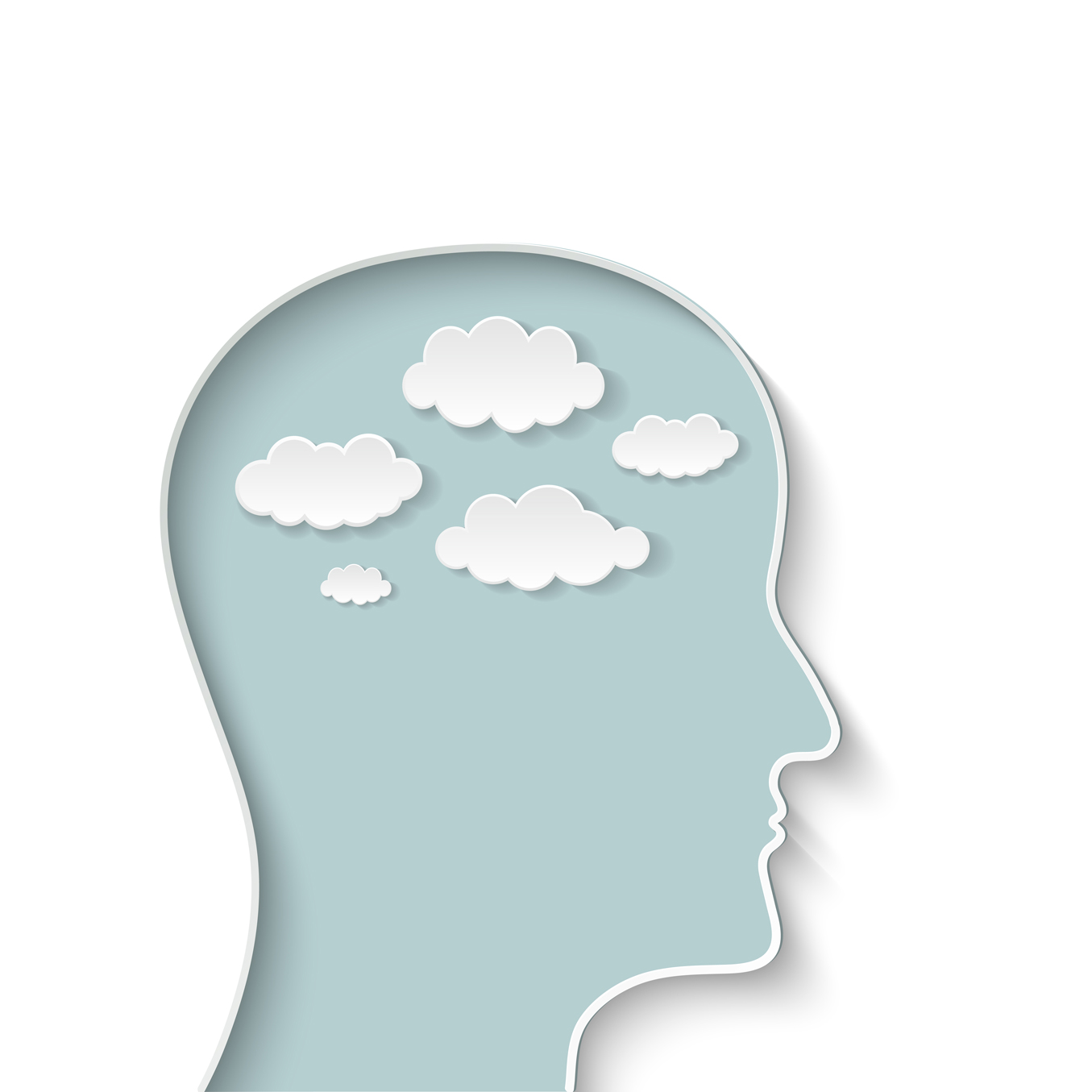
Empowering Your Mind and Body: Tips for Reducing Stress and Anxiety

Stress and fear can be overwhelming and have a major impact on our daily lives. When we encounter a stressful or fearful situation, our bodies respond by releasing hormones that help us respond quickly and effectively. This response can be helpful in certain situations, but when stress and fear become chronic, it can be difficult to manage and have negative effects on our health.
Chronic stress can cause a number of physical health problems, including cardiovascular disease, obesity, and type 2 diabetes. It can also weaken our immune system, making us more susceptible to illness. But the effects of stress and fear go beyond just our physical health; it can also take a toll on our mental health, increasing the risk of depression, anxiety, and other mental health problems.
It is important to remember that we all experience stress and fear, and it's okay to ask for help. By adopting a healthy lifestyle, engaging in physical activity, and seeking support from friends, family, or a mental health professional, we can help manage the effects of stress and fear on our lives.
When we take care of ourselves, we can better handle the challenges that life throws our way. So, if you are feeling overwhelmed by stress and fear, know that you are not alone and there are steps you can take to manage their impact on your health and well-being.
Here are a few tips for managing stress and fear in your daily life:
- Exercise regularly: Exercise has been shown to reduce stress and improve overall mental health. Whether it’s a brisk walk, yoga, or a more intense workout, incorporating physical activity into your daily routine can help alleviate stress and anxiety.
- Practice mindfulness: Mindfulness is the practice of focusing your attention on the present moment. It can help reduce stress and anxiety by allowing you to fully immerse yourself in the present and let go of worries about the future or regrets about the past.
- Connect with others: Having strong relationships with family and friends can provide support and comfort during stressful times. Spending time with loved ones, talking to friends, or participating in social activities can help reduce stress and improve mental well-being.
- Get enough sleep: Sleep is essential for overall health and can play a major role in managing stress and anxiety. Aim for 7-8 hours of quality sleep each night to help you feel refreshed and rejuvenated.
- Avoid unhealthy coping mechanisms: While it may be tempting to turn to alcohol, drugs, or junk food when feeling stressed, these coping mechanisms can ultimately make things worse. Instead, try healthier coping strategies such as meditation, deep breathing, or seeking support from others.
- Seek help from a professional: If stress and anxiety become overwhelming, it may be helpful to seek the guidance of a mental health professional. A therapist can provide support and tools for managing stress and anxiety, and help you develop a personalized plan for coping with stress and fear.
Remember, stress and fear are a normal part of life. By taking care of ourselves and utilizing healthy coping strategies, we can better manage their impact on our daily lives. If you are feeling overwhelmed, reach out to friends, family, or a mental health professional for support. You are not alone, and help is available.

